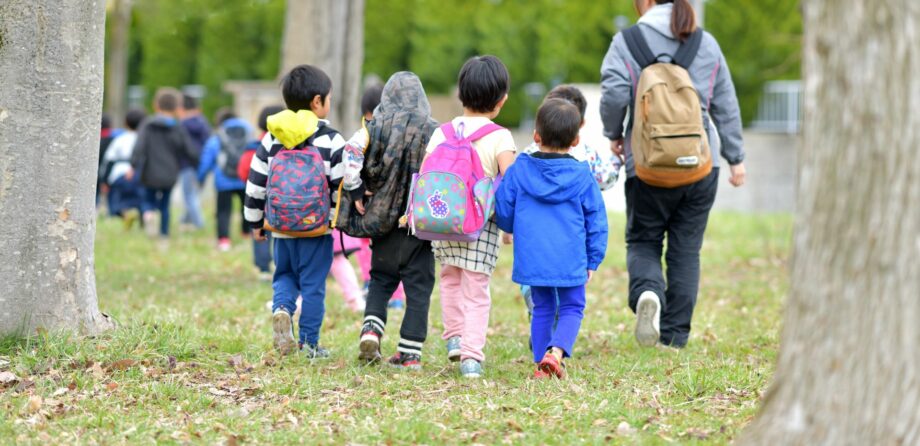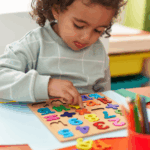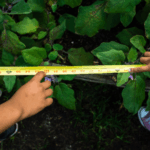
Top tips: Managing local outings
Local outings enrich learning by helping children explore their community, develop social skills, and build confidence. They encourage physical activity, language growth and real-world understanding while making learning fun and memorable. Here are some tips for managing local outings.
- Plan for success: Make sure you plan the route of where you are going. Ensure you know where the toilets/changing facilities, seating areas, etc. are. Conduct a pre-visit if it is somewhere new for you and ensure you have completed a risk assessment
- Obtain parental consent: Get written permission for each child. Share details of the trip such as itinerary, what to bring and who to contact in an emergency
- Carry out a risk assessment: Whoever is leading the outing should complete a thorough risk assessment, covering what will happen in case of emergencies and other incidents. This should be signed off by a senior manager then shared with all staff taking part in the outing
- Ensure you maintain correct ratios: 1:2 for under 2s, 1:4 for 2-3 years and 1:8 for 3 years+. Carry out a risk assessment and identify if there are vulnerable children who would require additional adult support. Allocate children a key person for the trip as this will make head counting more efficient. Ensure that adequate numbers of appropriately qualified and experienced paediatric first aiders are included in the ratios
- Identify a safeguarding lead: Ensure that a suitably qualified and experienced safeguarding lead is identified so that incidents such as a child going missing, unsuitable adults in the vicinity, disclosures, etc. can be managed effectively
- Make children easily identifiable: Give children wristbands, stickers or hi-vis vests with the nursery name and contact number on. Ensure all staff have an emergency contact list
- Pack the essentials: First aid kit, wipes, hand sanitiser, spare clothes, medication, snacks and drinks
- Set clear rules and expectations: Use walking ropes (or similar). Reinforce staying close to known adults. Teach road safety before embarking on the outing and reinforce whilst out
- Ensure effective communication: Give lead staff walkie talkies or a setting mobile phone. Make a plan in case the group gets separated at any point
- Evaluate the outing: Take feedback from staff and children after the outing. Note what went well and what could be improved next time.
NDNA products to support you with this tip
Disclaimer: Activities with children must always be risk assessed, including for allergies or choking. Children must always have adequate supervision. Resources and materials must always be appropriate for children’s age and stage of development.
- MyNDNA
- Tips
Similar Articles
Top tips: Using mathematical language everyday with young children
The new Statutory Framework for the EYFS places an emphasis on children developing a love of…
Read more 
Early years activity: Non-standard measures
Children need opportunities to physically experience and compare different types of measures such as length, size and height, so provide lots…
Read more 

